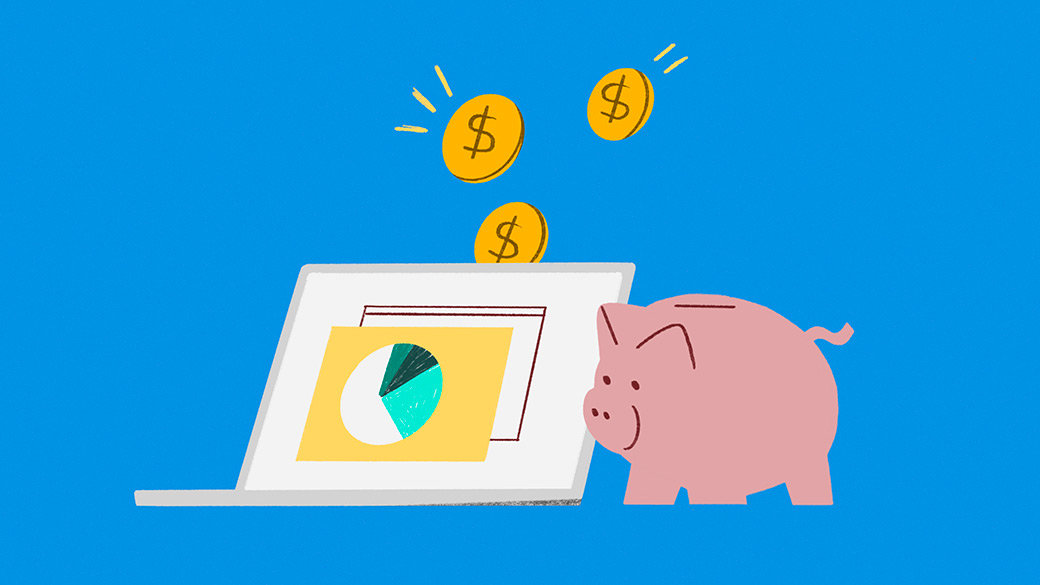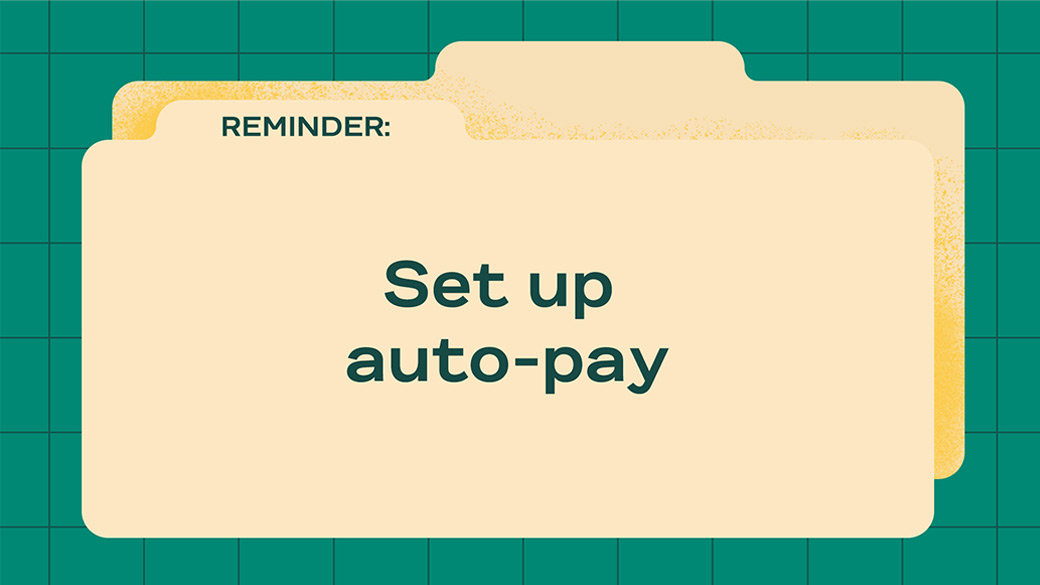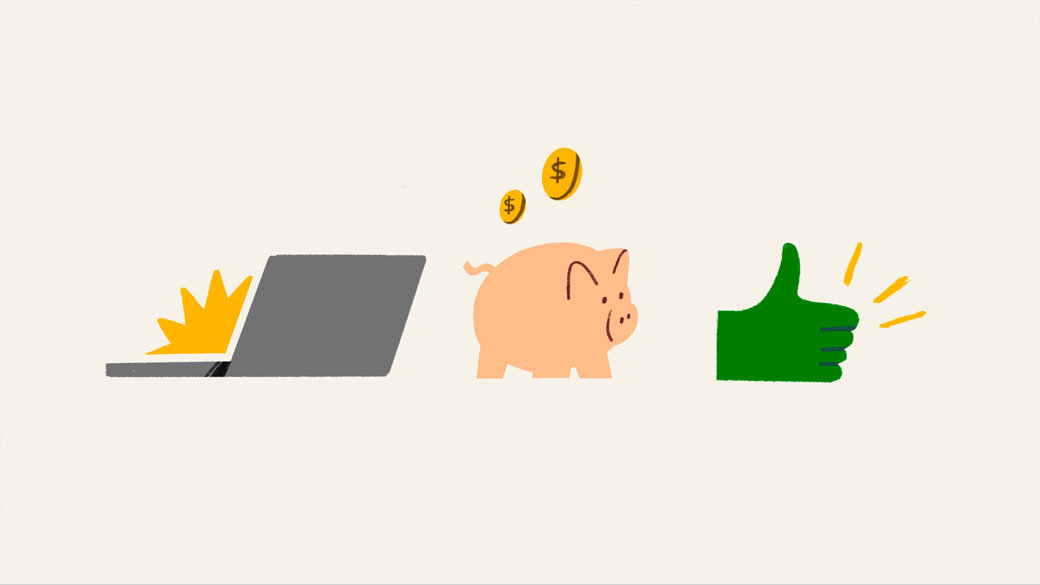
For some people, money can be a mystery. Most of us at one time or another have opened our bank statement with dread or checked our credit card balance with bewilderment. Did we really spend that much? I thought that bill auto-paid next week. Why is my savings account so…sad? There’s no substitute for making a living wage but managing the money you do have is just as important. Thankfully, there are some simple ways to start building healthy financial habits for yourself and your future.
Read more for tools, tips, and features that can help you understand and manage your finances better.

The best investment you can make is the time it takes to understand your spending patterns and how they align with your life goals. These Microsoft tools and features can help you understand and manage your finances so you can create goals and get ahead. Microsoft makes it easy to start rooting yourself in financial habits that can pay dividends.

Using these tips, tools, and features will help give you visibility and control over your money and help you better manage your finances. It’s time to feel confident about the path your money is on.



Share this page